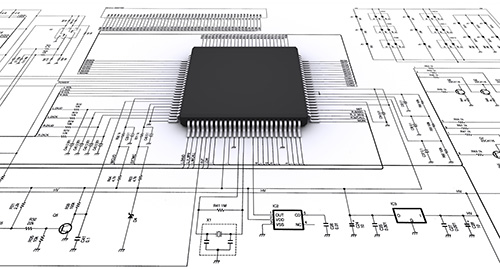EMC Question of the Week: May 4, 2020

An important parameter for estimating the RF immunity of a differential signaling system is the receiver's
- CMRR
- BFF
- RFIL
- RFQL
Answer
The best answer is "a". The Common-Mode Rejection Ratio (CMRR) is a measure of how immune a receiver is to common-mode voltages appearing at its input. For differential amplifiers, it is the ratio of the differential-mode voltage gain to the common-mode voltage gain expressed in dB. For example, if a differential signal amplitude of 1-volt produces a given output voltage, and a common-mode signal of 50 volts produces the same output voltage, then the CMRR is 34 dB.
The CMRR is typically a function of frequency for small amplitude inputs. It can also be a function of amplitude for signals that are strong enough to activate the transient protection devices on the receiver input. Higher values of CMRR indicate a greater immunity to common-mode noise. This is important, because common-mode coupling to balanced transmission lines tends to be much stronger than differential-mode coupling.
Have a comment or question regarding this solution? We'd like to hear from you. Email us at
